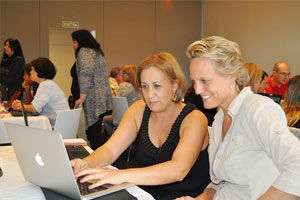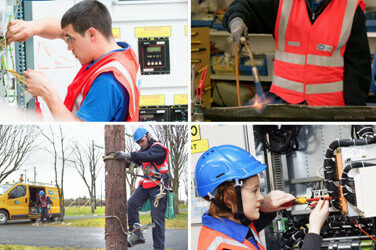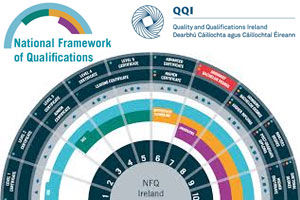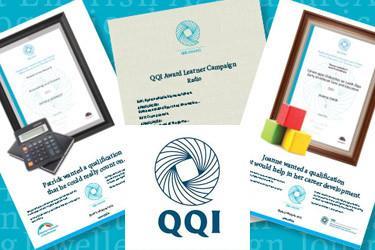Community Education

Community Education refers to adult education and learning, generally outside the formal education sector, which aims to enhance learning, empower people and contribute to society. It is a distinctive element of the adult education sector in Ireland and has the capacity to reach marginalised people in disadvantaged communities.
The community education sector grew out of the established Vocational Education Committee (VEC) adult education classes and adult literacy movement of the 1970s and 1980s. VECs have now been superseded by ETBs (Education and Training Boards).
What is community education?
Community education promotes personalised learning and flexibility within the learning group. Participants are involved as equal partners in identifying needs, designing and implementing programmes, and adapting them on an ongoing basis.
The goals of the community education sector include not just individual development but also community advancement, especially in marginalised communities. It allows participants to challenge existing structures and enables and encourages them to influence the society in which they live.
A key feature of community education programmes is that they provide the supports necessary for successful access and learning, particularly guidance, mentoring, continuous feedback and childcare.
Community Education Initiatives
Groups such as Travellers and other ethnic minorities, people with disabilities, rural smallholders, men’s groups, community arts groups and older people have made positive use of the community education on offer in their area. Women’s groups, in particular, spearheaded the development of the community education sector in the 1980s. One example was the NOW (New Opportunities for Women) programme which was funded by the EU Employment Initiative.
Community Education Facilitators
Community Education Facilitators work within the ETBs to give support to local community groups. This includes giving technical/administrative help, supporting the development, maintenance, and co-ordination of community education groups and strengthening links between the formal and non-formal education sectors. They assist and support the development of new community-based educational initiatives. The Community Education Facilitators Association is their professional organisation.
Back to Education Initiative
The Back to Education Initiative (BTEI) is one of the key pillars of the White Paper on Adult Education. It provides opportunities for second-chance education to adult learners and early school-leavers who want to upgrade their skills. The initiative allows learners to combine education with family, caring or work responsibilities. It builds on existing schemes such as Youthreach, VTOS, adult literacy schemes, community education and PLC courses. Ten per cent of the places allocated under these schemes are reserved for the community education sector, with the remainder of places being allocated to the statutory sector providers. Those taking part in schemes under the Back to Education Initiative may be eligible for the Back to Education Allowance.
Role of ETBs (formerly VECs) in community education
• The Community Education Services operate within the ETBs and give support services to community groups who are interested in community education as follows:
• Community Education Facilitators provide assistance and support to new or existing community education groups. They provide information on sources of funding and helps community education interests to access funding.
• Course development: Assistance is also available for community education groups to develop their own educational programmes and courses. This back up may include technical, administrative or educational input.
• Networking: Networking with other groups and organisations with an interest in community education, and sharing good practice from other sectors.
Accreditation and qualifications
Community education courses generally use a combination of different types of assessment methods such as assignments, projects, learners’ records, observations, skills demonstration and examinations. Accreditation has always posed challenges to non-formal education providers as it is not always a goal or a necessary outcome for all learners. However, the validity of learning in both the formal and non-formal environment has been recognised and worked into the National Framework of Qualifications. This Framework was developed by the National Qualifications Authority and creates a single system against which all learning can be mapped. It allows for learners to move from non-formal into formal education, from basic to further education, and from further into higher education in a relatively straightforward way.
How to apply
For more details about community education courses in your area, you should contact your local ETB (www.etb.ie) or AONTAS (www.aontas.com)
The BTEI application form and guidelines as well as a list of frequently asked questions are available on the website of the Department of Education and Skills (www.education.ie).





